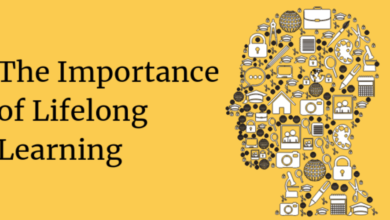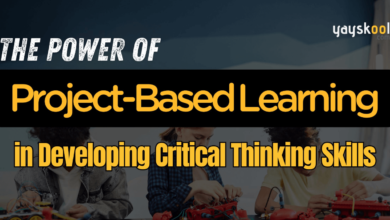The Impact of Artificial Intelligence on Education and Teaching

The integration of Artificial Intelligence into education has the potential to transform traditional teaching methodologies, offering tailored learning experiences that meet the diverse needs of students. By automating administrative tasks and providing data-driven insights, AI not only enhances the efficiency of classroom management but also empowers educators to refine their instructional strategies. Nonetheless, the implementation of these technologies raises critical questions surrounding data privacy, ethical considerations, and equitable access. As we explore the ramifications of AI in this sector, it becomes essential to examine both its promising benefits and the challenges that lie ahead.
Personalized Learning Experiences
Artificial intelligence is revolutionizing education by enabling highly personalized learning experiences that cater to the unique needs and preferences of each student.
Through adaptive assessments, AI tailors challenges based on individual performance, ensuring optimal engagement and growth.
Furthermore, individualized feedback provides targeted insights, empowering learners to take charge of their educational journeys.
This innovative approach fosters autonomy, facilitating a more liberated and effective learning environment.
AI in Classroom Management
Leveraging AI technologies in classroom management enhances organizational efficiency and promotes a more conducive learning environment by automating administrative tasks and streamlining communication between educators and students.
AI tools facilitate real-time behavior analysis, allowing teachers to adjust strategies for improved classroom engagement.
Additionally, they enable effective collection of student feedback, fostering a dynamic atmosphere that encourages active participation and individual development.
Enhancing Teacher Effectiveness
The integration of AI technologies not only streamlines classroom management but also significantly enhances teacher effectiveness by providing personalized insights and resources that empower educators to tailor their instructional strategies to meet diverse student needs.
With data-driven feedback, teachers can identify areas for growth, while targeted professional development fosters continuous improvement.
Ultimately, this creates a more dynamic and responsive educational environment that champions student success.
Future Challenges and Opportunities
Navigating the future landscape of education will require a careful balance between harnessing the potential of AI technologies and addressing the ethical, logistical, and equity-related challenges they present.
Ensuring data privacy for students is paramount, as the use of AI often involves collecting and analyzing personal information.
Addressing ethical considerations in AI implementation is crucial to ensure that these technologies are used responsibly and do not perpetuate biases.
Bridging skill gaps in an evolving workforce will be essential, as AI continues to transform job requirements and the skills needed for success.
Promoting access equity in AI-driven education will help ensure that all students, regardless of their background, can benefit from technological advancements.
These factors will define the success of AI in education.
Also read: Top Strategies for Effective Online Learning in 2025
Conclusion
In the quest for educational excellence, artificial intelligence emerges as both a savior and a paradox. While it promises personalized learning and streamlined management, the very tools designed to enhance educational equity risk entrenching existing disparities.
As data-driven insights flourish, so too do concerns surrounding privacy and ethics. Thus, the irony lies in the pursuit of progress; in striving to create a more equitable educational landscape, one must remain vigilant against the shadows cast by technological advancement.


